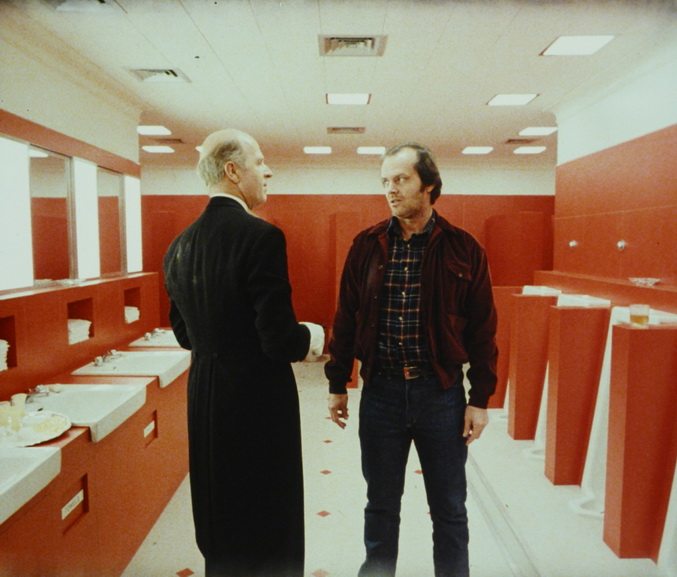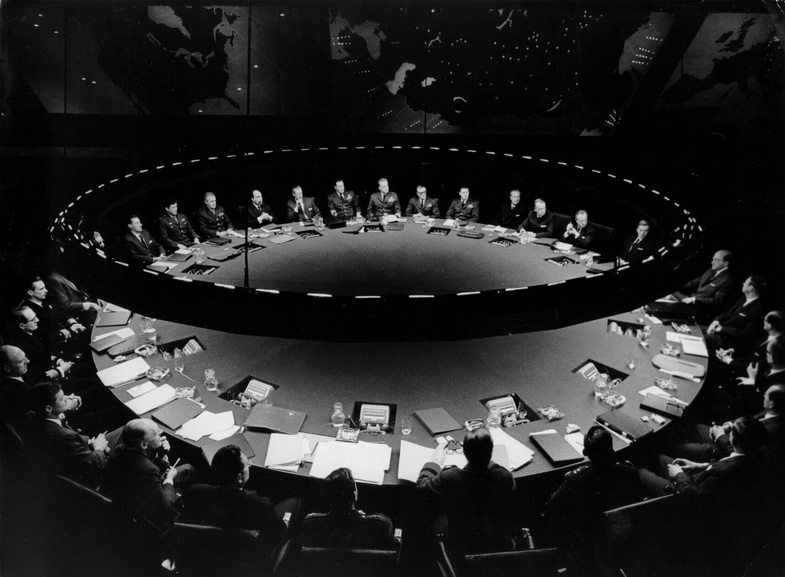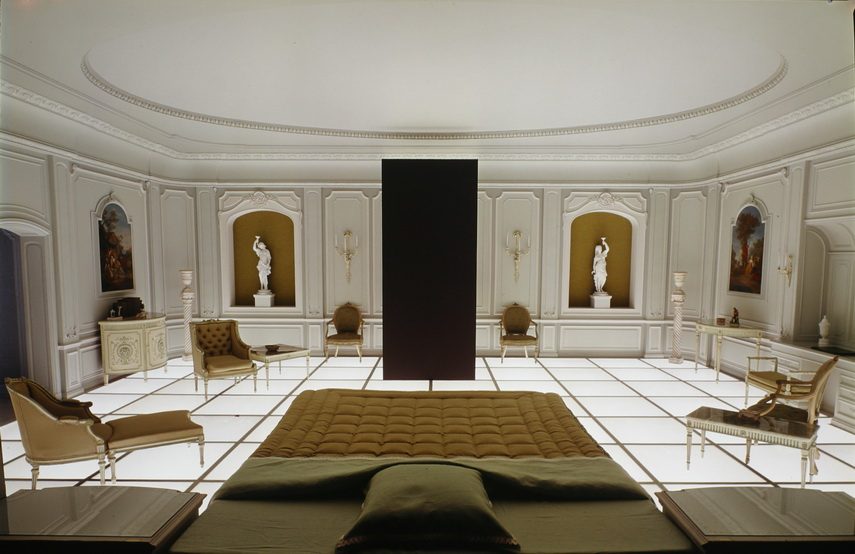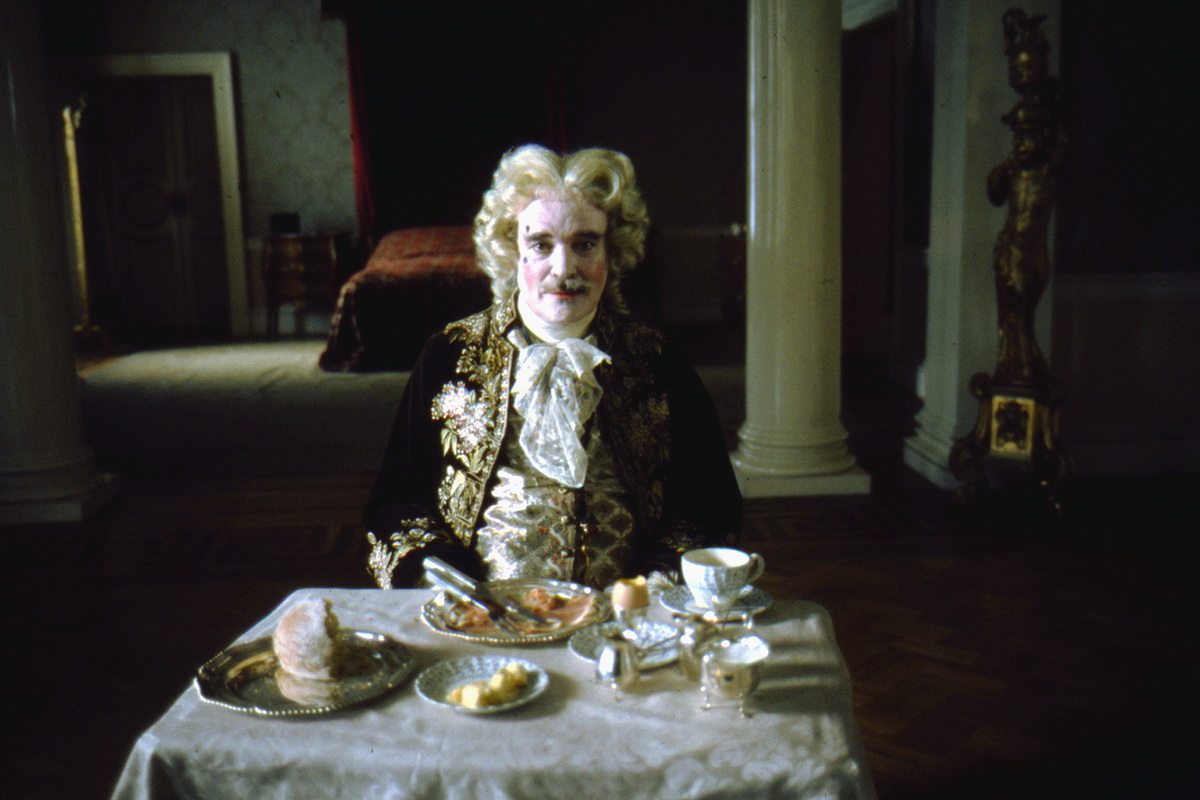[ad_1]
The history of film oozes with examples of authors who have changed the notion of motion pictures by engaging all of their conceptual and visual capacities. When it comes to American production during the 1960s, there was one filmmaker who stepped out of the Hollywood paradigm, and who still developed an outstanding body of work – Stanley Kubrick.
His iconic films shaped several generations and left an indelible mark in history. However, the public was not sufficiently familiar with the great director’s creative process, so the upcoming exhibition at the Design Museum will mark the 20th anniversary of Stanley Kubrick’s death and unravel different aspects of his specific approach to filmmaking.

An Homage To The Great Director
This touring exhibition had great success and finally it is arriving in the UK, a place where Kubrick lived and for over four decades. Memorable set designs such as Dr. Strangelove’s War Room (1964) or an orbiting space station for 2001: A Space Odyssey (1968) will contribute to the better understanding of how Kubrick was devoted equally to every possible segment of his impeccable imaginaries.
Several themed segments centered around a separate film, including (the mentioned two movies, Barry Lyndon, Full Metal Jacket, Spartacus, A Clockwork Orange, Lolita, The Shining, Paths of Glory, and Eyes Wide Shut). The visitors will enter the exhibition while walking on a replica carpet from the iconic scene in The Shining.

Few Words More About The Installment
To be more precise, a number of over seven hundred objects, films, and interviews will underline Kubrick’s innovation and fascination with all aspects of design. The Centrifuge-set developed for 2001: A Space Odyssey; props such as the infamous Born-to-Kill helmet worn by Private Joker in Full Metal Jacket and the platoon flags, elaborate costumes worn on Barry Lyndon set, as well as pre and post production materials (loaned from the Stanley Kubrick Archive) will be on display.
Furthermore, visitors will be able to see the best-known fragments from The Shining (1980), Eyes Wide Shut (1999), A Clockwork Orange (1972), hear various stories from his associates and friends and find out more about Kubrick both as a director and as a person. The works by designers Saul Bass, Hardy Amies, and Milena Canonero, art and photography from Allen Jones, Diane Arbus, and Don McCullin will be on display as well as significant contributions.

Stanley Kubrick at Design Museum
This exciting exhibition was launched by the Deutsches Filmmuseum, an institution which thoroughly explored Kubrick’s practice. For this occasion, The Design Museum collaborated with the British Film Institute on the following program of events titled Kubrick Now at the museum and BFI Southbank.
Stanley Kubrick: The Exhibition will be on display at the Design Museum in London, UK from 26 April until 15 September 2019.
Featured image: Barry Lyndon, directed by Stanley Kubrick (1973-75; GB/United States). The Chevalier de Balibari (James Magee). © Warner Bros. Entertainment Inc. All images courtesy The Design Museum.
[ad_2]
Source link

